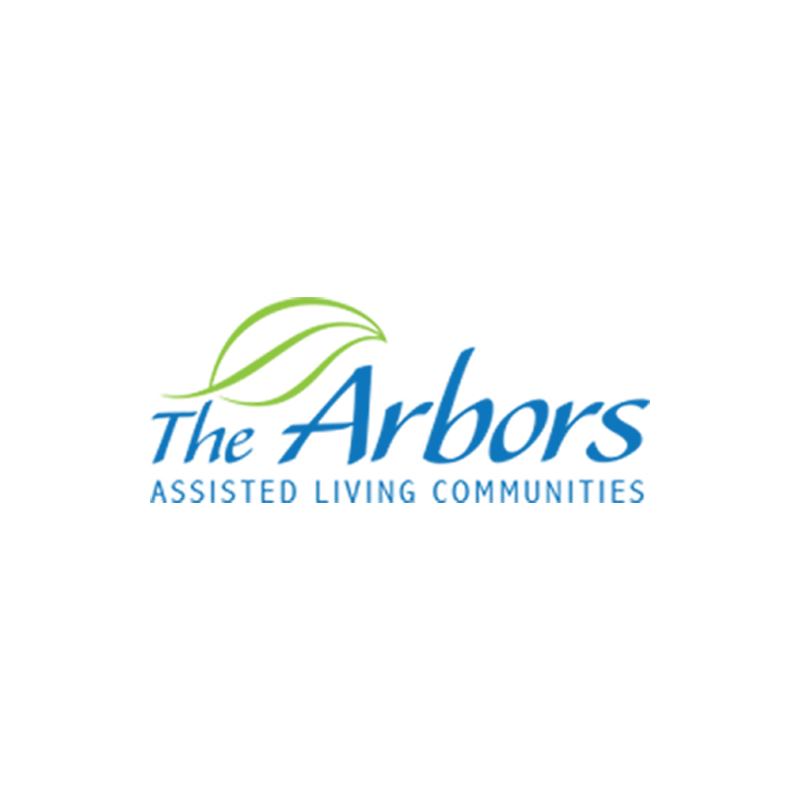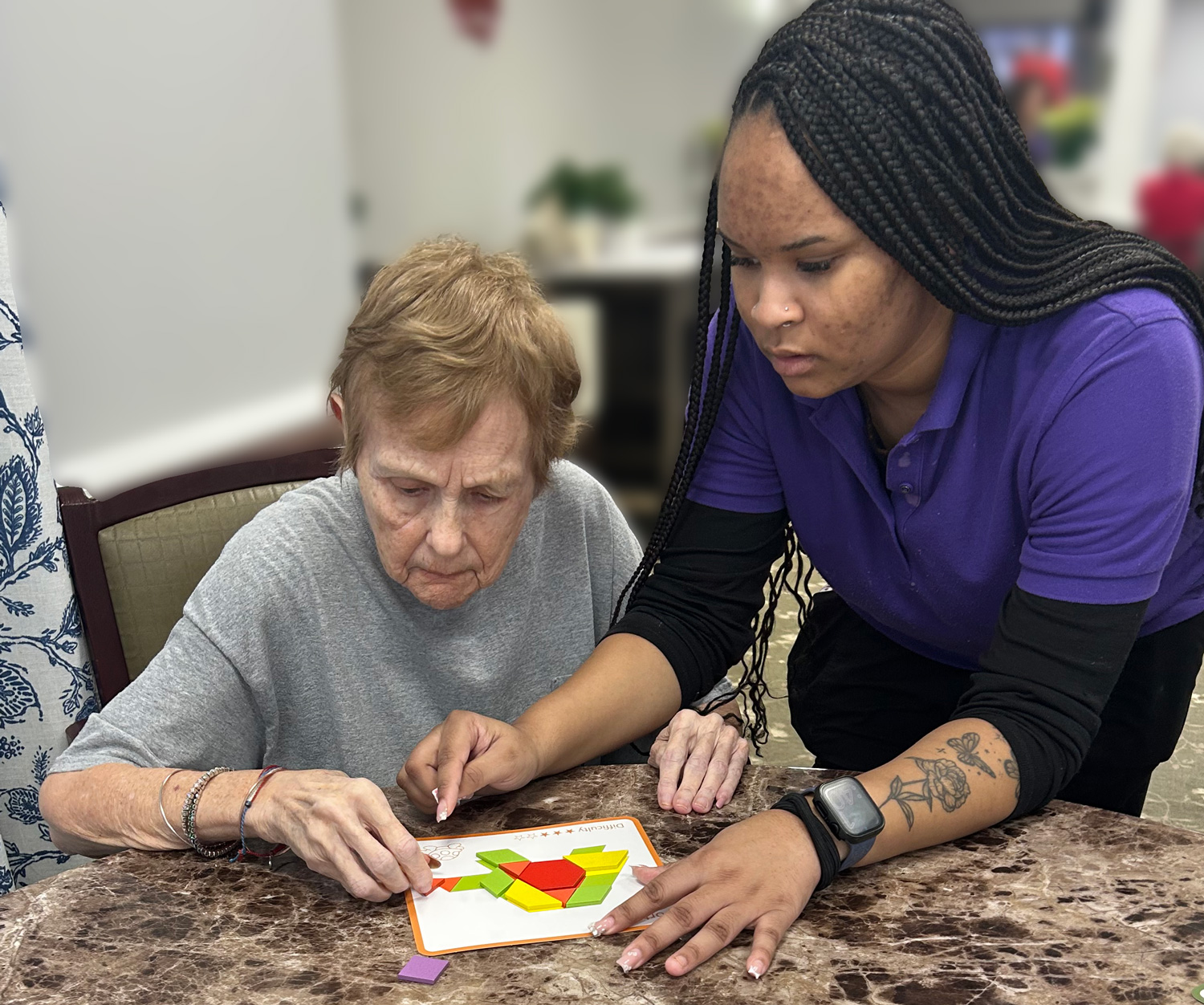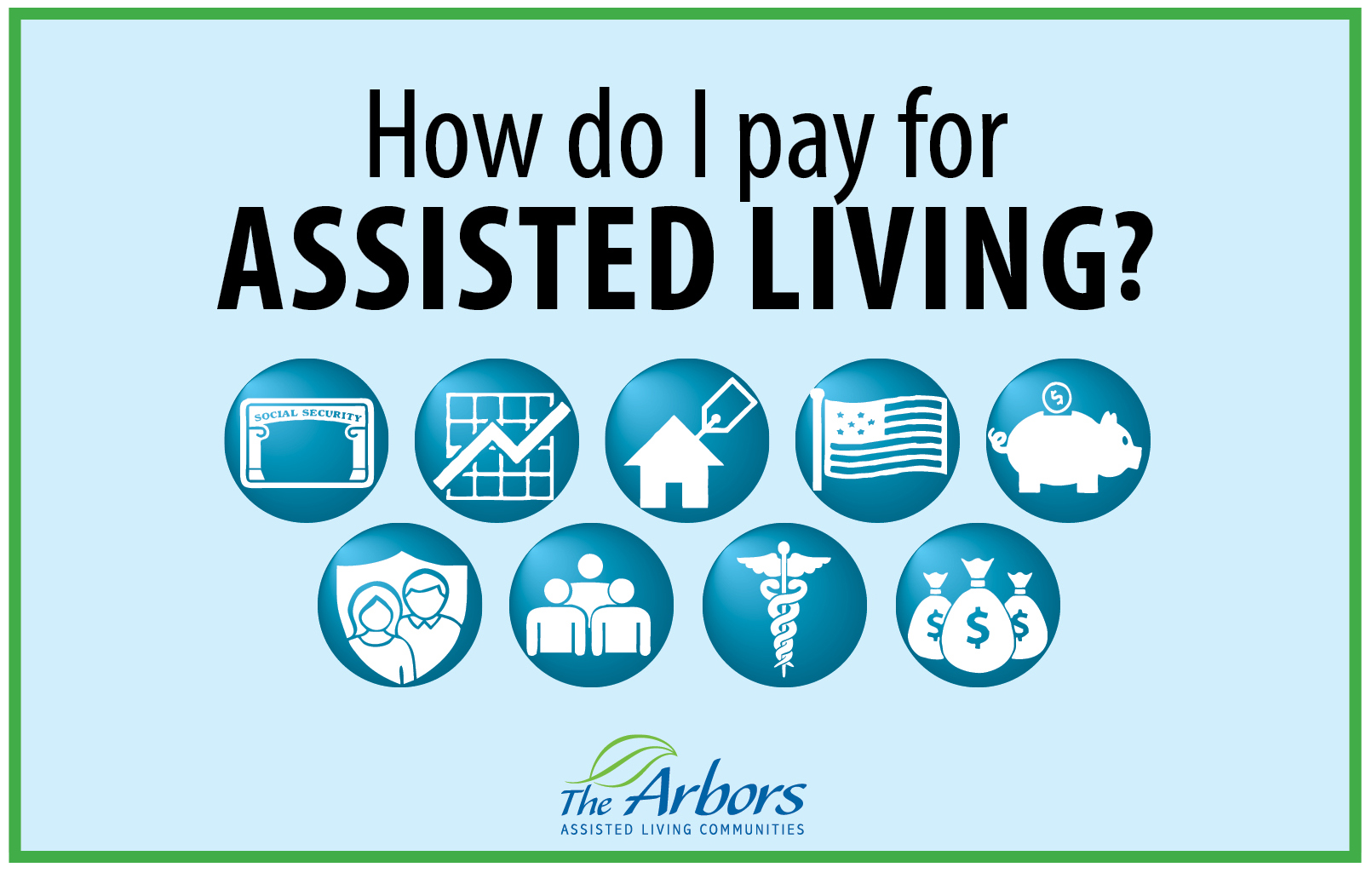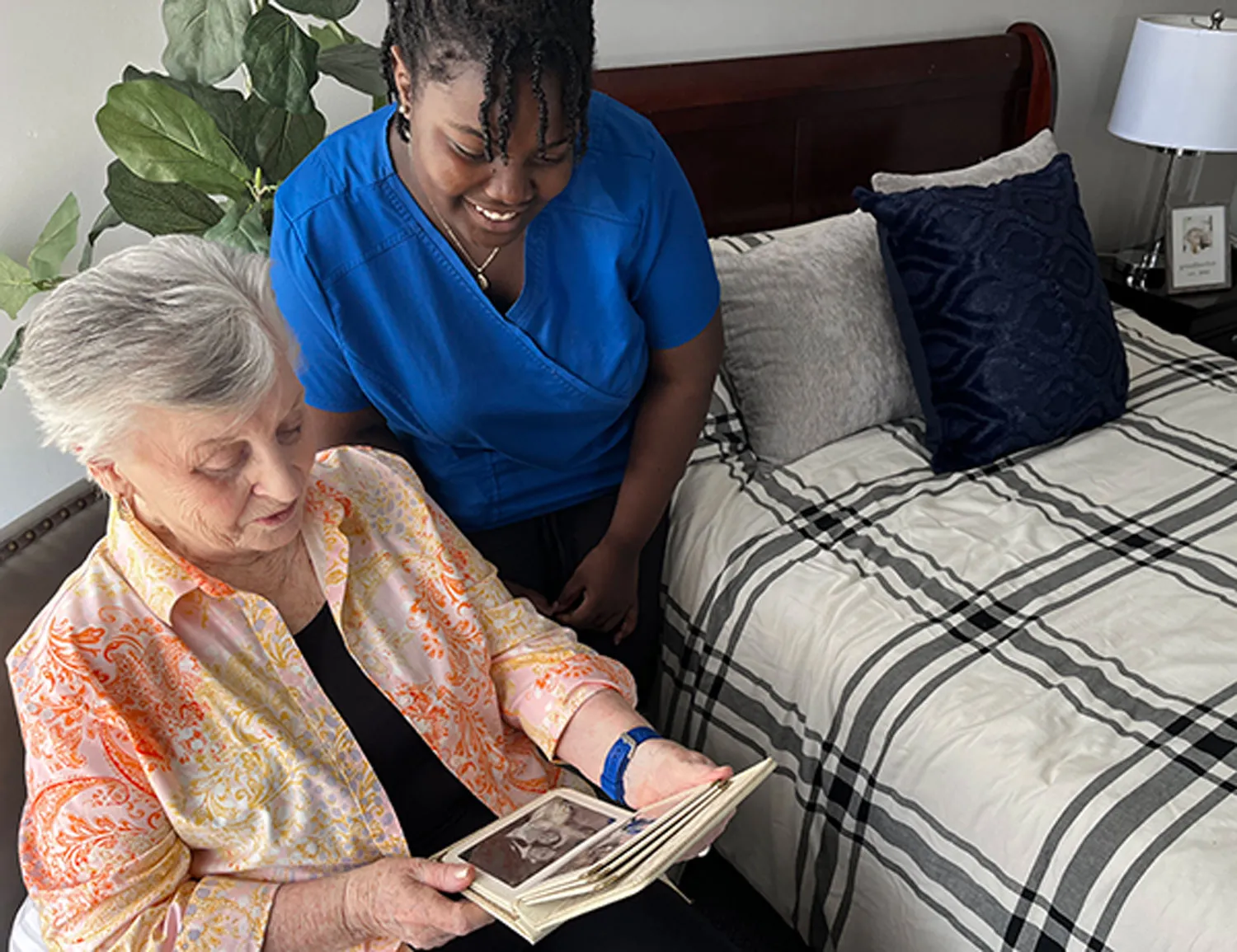(631) 778-7747
What You Need to Know About Sleep Apnea

What You Need to Know About Sleep Apnea
June 7, 2017
Sleep apnea is a sleeping disorder that causes frequent breathing interruptions, which lead to a laundry list of negative health consequences. Those who suffer from this condition will experience constant tiredness and an increased risk for diabetes, stroke, heart disease, and memory loss. Before you can begin to treat your bedtime ailment, there are some things you should know.
You Might Not Know You Have It
Did you know that almost 80 percent of people who suffer from sleep apnea don’t realize they have it in the first place? This isn’t a condition you have to be born with, you can easily develop sleep apnea — especially those over the age of 60! To help self-diagnose yourself, you’ll need someone to let you know if you snore loudly or have breathing interruptions in your sleep. If you’re currently over the age of 50, are obese, have high blood pressure, or are constantly tired during the day, you could already have this disorder.
Symptoms For Women Are Less Noticeable
As women age through menopause, their chances of developing sleep apnea increase by at least three times. Men can easily be diagnosed with sleep apnea because of the obvious loud snoring, but women’s symptoms aren’t as typical. These symptoms include insomnia, depression, lethargy, morning headaches, restless legs, weight gain, and gasping for air while waking up. Some women will snore and become sleepy during the day but are less likely to report this to their physician.
Treatments Work Wonders
Don’t think that because you have sleep apnea, you can’t do anything to treat it. The most common treatment is with the aid of a Continuous Positive Airway Pressure (CPAP) device. These masks and machines are extremely easy to use and will help regulate air pressure that enters your throat. Other treatment options are available like oral appliance therapy, surgical implants to prevent airway obstruction from the tongue, and surgery to correct airway obstructions. All of these treatments work wonders and will help patients sleep and feel better!
Sleep apnea isn’t something with little importance that you should just brush off — it’s a condition that should be addressed and corrected. For other useful tips and information, visit our blog! If you’re interested in learning more or visiting The Arbors Assisted Living community, schedule a tour by contacting one of our five convenient locations:
Recent News

The Power of Touch
February 9, 2026

Winter Readiness for Caregivers: Do You Have a Plan?
January 6, 2026

Important Topics to Discuss With Local Assisted Living Centers
November 10, 2025

When It’s Time: Helping Your Parents Accept the Need for Assisted Living
October 15, 2025

How to Encourage an Aging Parent to Shower When They Refuse
July 2, 2025

How Do I Pay for Assisted Living
June 6, 2025

3 Signs You Should Consider Assisted Living
May 15, 2025
GET IN TOUCH
Let’s Talk About Making The Arbors Your Home
REQUEST A VISIT
Schedule a Tour of our Long Island Assisted Living Communities



















































